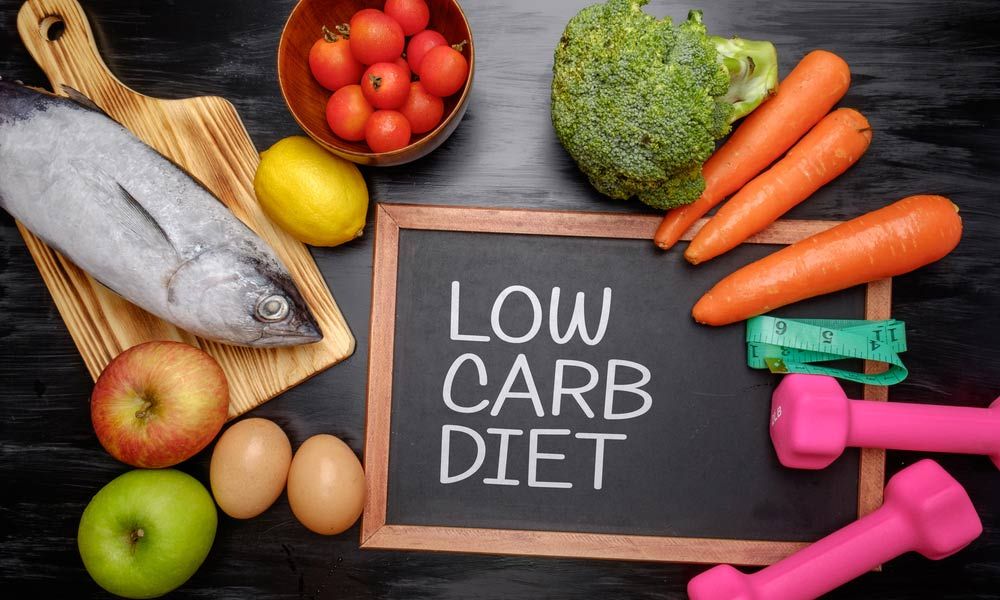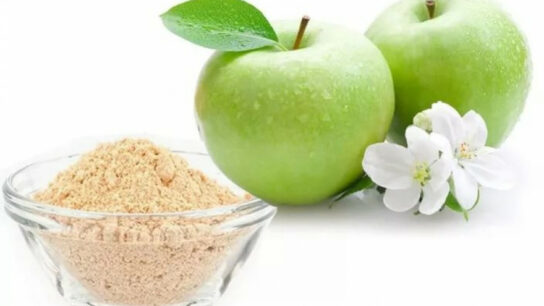Low-carbohydrate diets have gained popularity in recent years for their potential to aid in weight loss, improve metabolic health, and regulate blood sugar levels. These diets typically restrict carbohydrate intake while allowing for higher consumption of fats and proteins. Butter, a rich source of saturated fat, is often promoted as a staple ingredient in low-carb meal plans. However, the question remains: Should low-carb diets be high in butter? In this comprehensive guide, we’ll explore the role of butter in low-carb diets, its potential benefits and drawbacks, and considerations for incorporating it into a balanced eating plan.
Understanding Low Carb Diets
Low-carbohydrate diets, such as the ketogenic diet and Atkins diet, emphasize reducing carbohydrate intake while increasing the consumption of fats and proteins. By limiting carbohydrates, these diets aim to shift the body into a state of ketosis, where it burns fat for fuel instead of carbohydrates. This metabolic state is believed to promote weight loss and improve various markers of health, including blood sugar levels and cholesterol levels.
The Role of Butter in Low Carb Diets
Butter, a dairy product made from churned cream, is high in saturated fat and low in carbohydrates. It is often touted as a suitable fat source for low-carb diets due to its rich flavor and versatility in cooking. Some proponents of low-carb diets argue that butter provides a concentrated source of energy and helps promote satiety, making it easier to adhere to the diet’s restrictions on carbohydrates.
Benefits of Butter in Low Carb Diets
High Fat Content
Butter is primarily composed of saturated fats, which are a concentrated source of energy and can help sustain ketosis on a low-carb diet.
Rich Flavor
Butter adds richness and flavor to low-carb meals, making them more satisfying and enjoyable to eat.
Versatility
Butter can be used in various cooking methods, including sautéing, frying, baking, and as a flavor enhancer in sauces and dressings.
Nutrient Density
While butter is primarily fat, it also contains small amounts of fat-soluble vitamins like vitamin A, vitamin E, and vitamin K2, which are important for overall health.
Drawbacks of Butter in Low Carb Diets
High in Saturated Fat
Butter is high in saturated fat, which, when consumed in excess, may increase levels of LDL cholesterol and contribute to cardiovascular disease risk.
Caloric Density
Butter is calorie-dense, meaning it contains a significant number of calories in a small serving size. Overconsumption of butter can lead to excess calorie intake, hindering weight loss goals.
Potential for Overconsumption
Butter’s rich flavor and texture may lead to overconsumption, especially when used liberally in cooking and as a condiment.
Lack of Essential Nutrients
While butter provides some fat-soluble vitamins, it lacks essential nutrients found in other fat sources, such as omega-3 fatty acids found in fatty fish and monounsaturated fats found in olive oil.
Considerations for Including Butter in Low Carb Diets
Moderation
While butter can be included in a low-carb diet, it’s essential to consume it in moderation and balance it with other healthy fats, such as olive oil, avocado, nuts, and seeds.
Quality Matters
Opt for high-quality butter made from grass-fed cows, as it may contain higher levels of beneficial nutrients like omega-3 fatty acids and conjugated linoleic acid (CLA).
Dietary Preferences
Consider individual dietary preferences and tolerances when incorporating butter into a low-carb eating plan. Some people may prefer to limit dairy or choose plant-based alternatives to butter.
FAQs
Is butter necessary for a low-carb diet?
No, butter is not necessary for a low-carb diet. While it can be included as a fat source, there are plenty of other options available, such as olive oil, coconut oil, avocados, and nuts.
Can I lose weight on a low-carb diet without butter?
Yes, it is possible to lose weight on a low-carb diet without relying heavily on butter. Focus on incorporating a variety of healthy fats, proteins, and non-starchy vegetables into your meals for balanced nutrition.
Are there healthier alternatives to butter for cooking on a low-carb diet?
Yes, there are several healthier alternatives to butter for cooking on a low-carb diet, including olive oil, coconut oil, avocado oil, ghee (clarified butter), and nut oils.
How much butter is too much on a low-carb diet?
There is no one-size-fits-all answer to this question, as individual calorie and nutrient needs vary. It’s essential to monitor portion sizes and adjust your intake based on your overall dietary goals and preferences.
Can butter be part of a heart-healthy diet?
In moderation, butter can be part of a heart-healthy diet for some individuals. However, those with a history of heart disease or high cholesterol may benefit from limiting their intake of saturated fats, including butter.
Are there vegan alternatives to butter for low-carb diets?
Yes, there are several vegan alternatives to butter that can be used in low-carb cooking, such as coconut oil, avocado oil, vegan margarine, and nut-based spreads.
Should I consult a healthcare professional before increasing my butter intake on a low-carb diet?
If you have any underlying health conditions or concerns, it’s advisable to consult with a healthcare professional before making significant changes to your dietary fat intake, including increasing butter consumption.
Conclusion
In conclusion, while butter can be included as part of a low-carb diet, it’s essential to consume it in moderation and balance it with other healthy fats and nutrient-dense foods. While butter adds richness and flavor to low-carb meals, it also comes with potential drawbacks, such as its high saturated fat content and calorie density. Ultimately, the decision to include butter in a low-carb diet should be based on individual preferences, dietary goals, and overall health considerations. By being mindful of portion sizes, choosing high-quality butter, and incorporating a variety of fats into your meals, you can enjoy the benefits of a low-carb diet while supporting your overall well-being.




